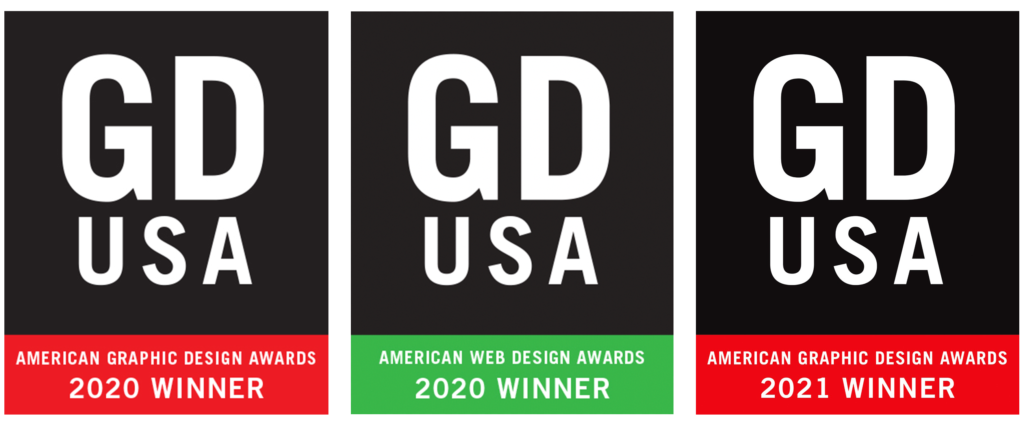In the past couple of months, it seems that many conversations, when discussing product positioning, have had a recurring theme. Executives are realizing that a consumer segment, with a purchasing power of close to $200 billion, is now comprised completely of millennials with a very different outlook towards the world, the environment and towards marketing then the previous two generations. These past generations have been targeted since the dawn of advertising’s golden age and ad executives want to change and put down a stake within this new millennial segment – or so they say.
And say they should. MIT’s paper “The Innovation Bottom Line”, posits companies closely tied to values of “sustainability” and “social responsibility” had profits outpacing those without these associations in the past year. What’s more, there is room for growth. The number of companies meeting those criteria that were profitable jumped up 23% yoy.
However, greening — or greenwashing — a product is not a viable option for this segment. They are familiar with advertising, crave transparency and authenticity, and need their passions to be reflected in the things they do and consume. At various lifestages they may place greater importance on broad value alignment — when still exploring — or may see the cumulative effect of their actions, placing greater significance on mundane daily decisions as they begin to form households. These sub groups are very different, but both will see right through a marketing scheme. Please take it from me, it is easier to build a castle in the sky than consumer trust once it’s broken.
The people who use social responsibility with success in targeting these millennials are willing to walk the walk, even if that means changing their business model on a fundamental level. They lead from the top, integrating these values into each facet of their business. They measure and track performance (not financial) to make improvements. They understand who they really are and realistically assess why they matter (or not) to this group. They also collaborate with outside groups to achieve a more comprehensive type of success.
Those willing to take on some of those characteristics will have a chance at success. Those who are unwilling to address those above points, and have tried to focus on an aspect of their business — that while perhaps true — is grossly exaggerated, will make remarkable gains in alienating themselves from the people they hoped to seduce.
Think about BP with their beautiful logo looking like a plant. Try not thinking of the Deep Water Horizon oil leak. Not so green.
Think about Fiji Water with—so pure and natural that the local South Pacific flora is pictured on the bottle. Try not thinking of the impact on those plants of shipping crates of that water to a deli near you. Fiji, your plastic is showing.
Not quite the same thing, but the very same approach. Lucky Charms is “Guaranteed Whole Grain” but dispite this, and the GMI callouts highlighting specific nutrients, the only way I will believe this is a healthful option is if the leprechaun on the box magically made it so.
If you are considering such a strategy, and want to have more of a conversation about this, drop us a line.
~Ben





